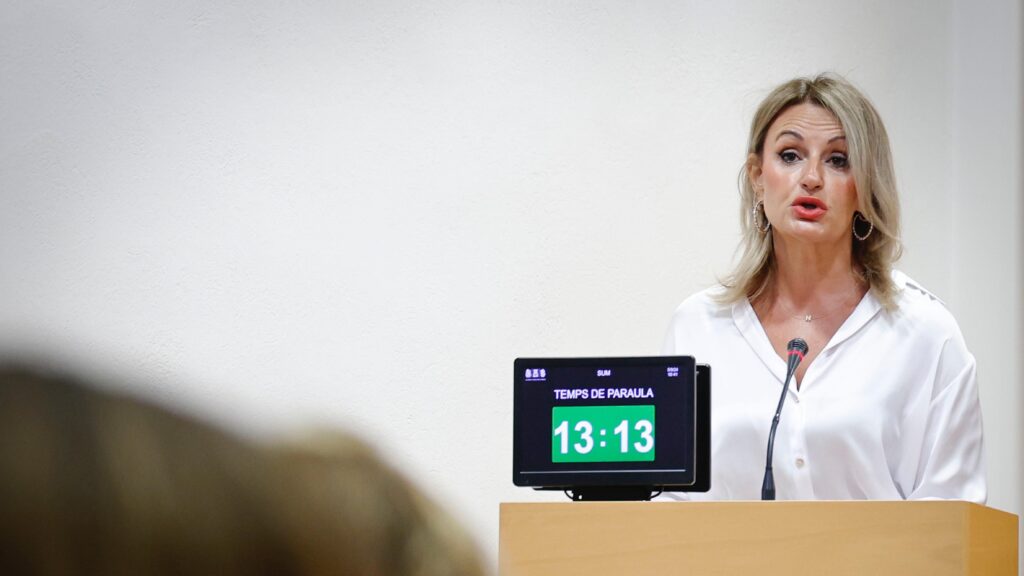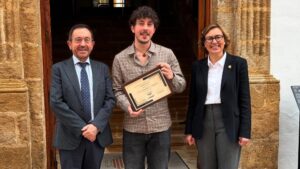Valencian government ratifies modifications to tourist housing regulations
Les Corts Valencianes have validated Decree Law 9/2024 which modifies the regulations governing housing for tourist use.

The regional tourism minister, Nuria Montes, has presented the new regulations which will govern tourist accommodation in the Comunidad Valenciana, modifications to Decree-Law 9/2024 which aim to find a balance to improve coexistence between residents and tourists.
The minister stressed that the modifications have “the support of the accommodation associations, the main trade union organisations and the entities representing consumers and users”, adding that “this regulation has not been drawn up in an office behind the sector’s back, it has been drawn up with its participation, because this government does not govern for the sectors, but with the sectors”.
She also stressed that the Comunidad Valenciana is “a leading tourist destination” whilst emphasizing that “tourism is one of the driving forces of our economy, which represents 16% of GDP, generates employment, attracts investment and promotes our cultural wealth at a global level. However, like all economic activity, our tourism system also poses challenges that we must manage intelligently and with a vision”.
She argued that the new Decree-Law that regulates tourist housing “organizes and provides security for the proper management of the market for these homes in the Comunidad Valenciana” and accused the previous socialist-led regional government of creating barriers towards tourism whilst also permitting the increase of tourist accommodation by 160% without the necessary control which, she claimed, “generated harmful effects”. The new regulations would, she added, provide that control.
Measures proportional to the aims
After the regulations were passed with the support of the PP and VOX, the minister explained that the Decree-Law provides “measures proportional to the aims pursued, which seeks to promote tourism based on quality and excellence”. She also accused the PSPV and Compromís, who both voted against the modifications, of voting against “the agreements reached by the tourist accommodation entities of the Comunidad Valenciana, the main unions and the consumer and user associations”.
She added that any vote against the regulations would be a vote against ending speculation that tourist accommodation has the necessary licence, in favour of restricting local councils in their ability to detect illegal properties, and permitting owners from having some kind of responsibility regarding infractions committed through the commercial use of their property.
Main measures contained in the regulation
The main measures contained in the Decree-Law include the requirements that declarations must be updated with the owner’s name and the exact address of the property, including the unique cadastral reference. The registration of any property used for tourism purposes will be valid for five years.
In addition, tourist homes are differentiated from other seasonal rentals, the regulation of which is the responsibility of the Spanish Government. Specifically, the tourism minister explained that “it is established that any rental of 10 days or less is considered a tourist rental and is subject to this regional regulation, while rentals for longer periods are subject to the Urban Leasing Law (LAU)”.
Another of the included measures is respect for municipal autonomy to limit the use of housing as tourist accommodation whilst also confirming that, in the event of sale or transfer of the property, the license becomes invalid and the new owner of the property must made a new application. In addition, housing used for tourism must comply with the minimum standards of habitability and meet certain quality and service requirements.
Click here for more information about the ten changes to the new Tourist Housing Decree (in Spanish).






